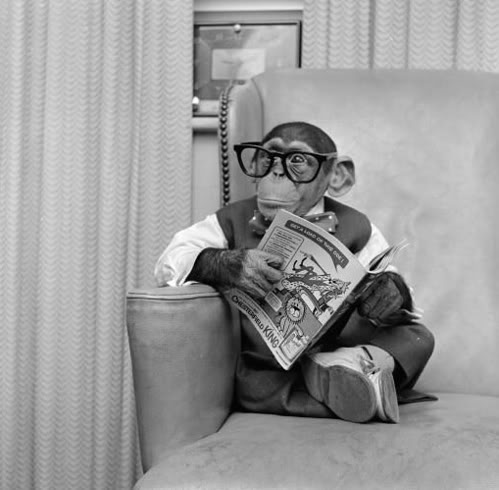Have you smelled any good books lately?
The worst argument against ebooks is the sensory one, that dead trees are more pleasing. That you miss how the paper and binding smell. You shouldn’t have been smelling your books anyhow. That’s disgusting. But there are some good points to be made against the digitization of books, in terms of privacy, memory and economics. For some thoughts in the latter category, here’s the opening of Art Brodsky’s new Wired article:
“This is not one of those rants about missing the texture, touch, colors, whatever of paper contrasted with the sterility of reading on a tablet. No, the real abomination of ebooks is often overlooked: Some are so ingrained in the product itself that they are hiding in plain sight, while others are well concealed beneath layers of commerce and government.
The real problem with ebooks is that they’re more ‘e’ than book, so an entirely different set of rules govern what someone — from an individual to a library — can and can’t do with them compared to physical books, especially when it comes to pricing.
The collusion of large ebook distributors in pricing has been a public issue for a while, but we need to talk more about how they are priced differently to consumers and to libraries. That’s how ebooks contribute to the ever-growing divide between the literary haves and have-nots.”

